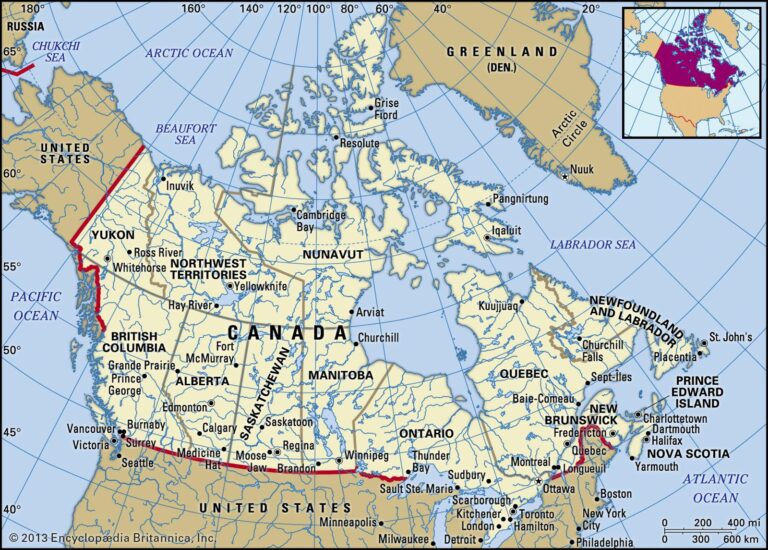Canada has officially banned the Irish rap group Kneecap from entering the country, citing concerns over their politically charged lyrics and alleged links to controversial organizations. Known for their provocative style and blending of traditional Irish themes with modern hip-hop, Kneecap has stirred debate both within Ireland and abroad. This unexpected move by Canadian authorities raises questions about artistic freedom, political expression, and the complexities of regulating cultural imports. Who exactly is Kneecap, and what has led to their exclusion from the Canadian music scene? We take a closer look.
Canada Bans Irish Rap Group Kneecap Amid Controversy and Security Concerns
Kneecap is an Irish rap trio known for their politically charged lyrics and fiery commentary on Northern Ireland’s social and political issues. Emerging from Belfast, the group has gained attention for combining raw hip-hop beats with direct references to the Troubles, Irish nationalism, and working-class struggles. Their music often challenges mainstream narratives and has been both praised for its authenticity and criticized for its controversial stances on sensitive topics.
Canadian authorities have cited concerns over potential public safety risks and the group’s alleged promotion of divisive rhetoric as reasons for the ban. The move has sparked debate across social media and the music industry, with supporters defending Kneecap’s right to free expression, while opponents highlight possible security threats. The controversy raises broader questions about the limits of artistic freedom and the role of government in regulating content deemed politically sensitive.
- Origin: Belfast, Northern Ireland
- Genre: Political Rap / Hip-Hop
- Main Themes: Irish nationalism, social justice, working-class life
- Recent Activity: Planned Canadian tour canceled
| Issue | Details |
|---|---|
| Ban Enforcement | Travel restrictions, event cancellations |
| Security Concerns | Alleged promotion of divisive political messages |
| Public Reaction | Mixed responses from supporters and critics |
| Government Statement | Focus on national security and community harmony |
Understanding Kneecap’s Political Message and Impact on Irish Culture
Kneecap is more than just a rap group; they embody a politically charged voice that resonates deeply within Irish youth, particularly in Northern Ireland. Their lyrics confront issues ranging from British colonial legacy to social inequality, using sharp wit and traditional Irish slang to create a distinctive sound that challenges mainstream narratives. By blending militant pride with local street culture, the trio has sparked both acclaim and controversy, illustrating how music can serve as a powerful platform for political expression and dissent.
Their impact on Irish culture extends beyond music, influencing conversations about identity, nationalism, and resistance. Kneecap’s approach has energized younger generations to engage with topics often considered taboo or polarized. Below is a quick snapshot of their thematic focus and cultural contributions:
| Impact Area | Description |
|---|---|
| Political Messaging | Direct critique of British rule and support for Irish republicanism |
| Musical Style | Fusion of traditional Irish elements with modern hip-hop beats |
| Youth Engagement | Encouraging political awareness through relatable street narratives |
| Cultural Impact | Revitalizing Northern Irish identity in popular media |
Expert Recommendations for Balancing Artistic Freedom and National Security in Canada
Canada’s decision to ban the Irish rap group Kneecap underscores the ongoing tension between safeguarding national security and upholding artistic freedom. Experts argue that while the state must protect its citizens from potential threats, a blanket censorship risks undermining the core democratic values of free expression. Key voices in the field suggest implementing clear, transparent criteria for assessing artistic content that might be deemed a security risk, aiming to avoid subjective or politically motivated bans.
To navigate this balance, specialists recommend adopting a multifaceted approach involving collaboration between security agencies, cultural experts, and civil rights advocates. This ensures that decisions are context-sensitive and respect the nuances of artistic expression. Below is a summary of strategic recommendations commonly highlighted by experts:
- Enhanced dialogue: Foster communication between artists and security officials to clarify intentions and reduce misunderstandings.
- Case-by-case evaluation: Assess content individually rather than enforcing blanket restrictions.
- Public transparency: Publish detailed reasoning behind bans to maintain public trust.
- Appeal mechanisms: Provide artists with formal processes to challenge decisions.
| Stakeholder | Role | Key Concern |
|---|---|---|
| Government | Enforce security measures | Prevent radicalization |
| Artists | Express socio-political views | In Conclusion
As Canada’s ban on the Irish rap group Kneecap draws attention, questions about freedom of expression and cultural influence continue to surface. While authorities cite concerns over content, Kneecap’s blend of political commentary and traditional Irish identity has sparked both support and controversy. The ongoing dialogue surrounding the group’s music underscores the complex intersection of art, politics, and regulation in today’s global media landscape. |




